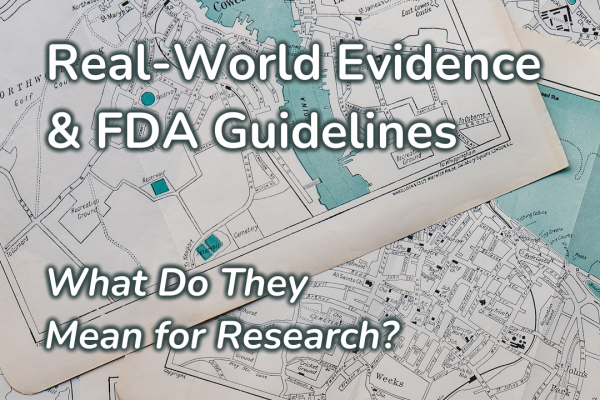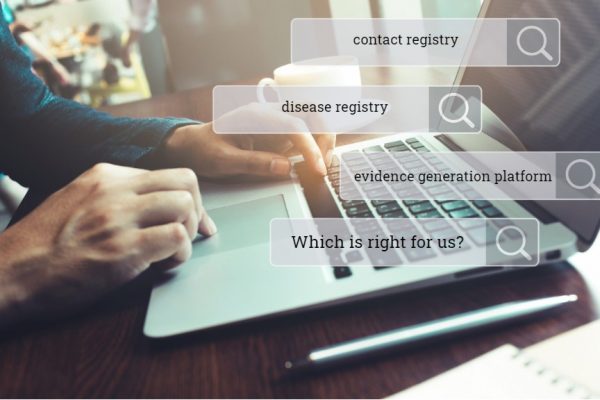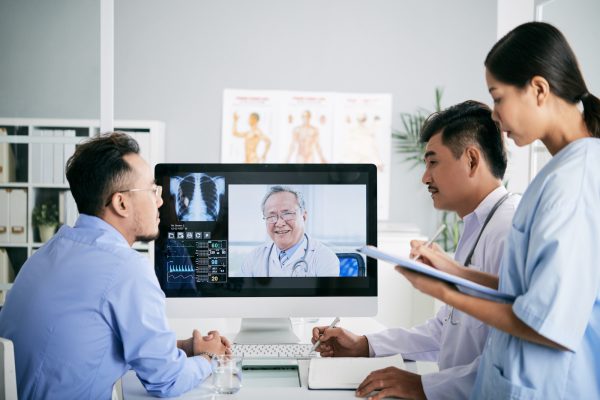by Dr. Femida Gwadry-Sridhar The FDA recently released guidance on how to characterize real-world data (RWD). I am really glad they have now explained data standards are important and why... read more →
Pulse Infoframe specializes in generating real-world data (RWD) that can be used to create real-world evidence (RWE). In this article, we will discuss how pharma companies can access real-world evidence... read more →
To generate evidence, we need to understand the types of data that are important and available within the patient’s “real world”. The generation of useful disease specific data requires an... read more →
When setting up a disease registry, there are several things to consider, such as choosing your registry type (for example, patient registry, natural history or clinical), engaging participants, and financing... read more →
Historically, research into rare diseases has been siloed and lacking in standardization. This has resulted in meaning overlaps, wasted time, and wasted resources, all of which delay potential breakthroughs for... read more →
When you invest in a patient registry, you want it to remain viable for many years and ensure that your data can contribute to research and treatment development. Here are... read more →
When exploring the idea of establishing a registry for your organization, the prospect can be daunting and the options, seemingly endless. There are a range of options available, costing from... read more →
With individual rare diseases affecting such a relatively small proportion of patients globally, capturing effective data to aid with research into treatments is incredibly important. Relying on data from clinical... read more →
The need for real-world evidence to inform therapies can no longer be denied. Gathering standardized feedback from patients where they live can give researchers richer details into the effectiveness of... read more →
Front and center with the COVID-19 pandemic era is this question: How can we enable research to move forward while keeping patients who participate in studies and clinical trials safe?... read more →












